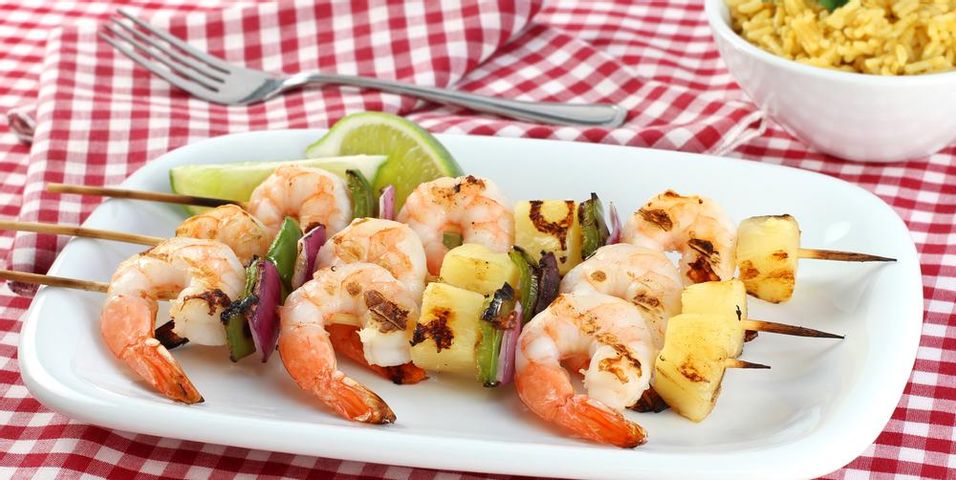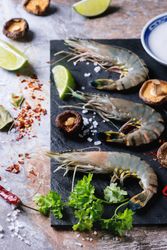What Are the Differences Between Wild-Caught & Farm-Raised Shrimp?

Shrimp is always an excellent option when you want a tasty and healthy meal, but next time you stop by the local seafood market, take a closer look at what’s in stock. When it comes to wild-caught and farm-raised shrimp, there are several differences regarding quality, contaminants, and production regulations. The guide below will help you determine which type of shrimp should be on your dinner plate.
Environmental Concerns
 Most of the shrimp currently eaten by Americans is imported from industrial farms, which tend to harm the environment. These farms are unsustainable and require a lot of resources to maintain. Farmed shrimp are typically fed processed wild fish, but it takes about two pounds of fish just to yield one pound of shrimp. Similar farms overseas also produce significant pollution, destroying coastal communities’ agricultural and water systems. When one area is depleted or polluted beyond repair, shrimp farms are abandoned and moved to new locations, where the destructive cycle is repeated.
Most of the shrimp currently eaten by Americans is imported from industrial farms, which tend to harm the environment. These farms are unsustainable and require a lot of resources to maintain. Farmed shrimp are typically fed processed wild fish, but it takes about two pounds of fish just to yield one pound of shrimp. Similar farms overseas also produce significant pollution, destroying coastal communities’ agricultural and water systems. When one area is depleted or polluted beyond repair, shrimp farms are abandoned and moved to new locations, where the destructive cycle is repeated.
Contaminants
Due to lax regulations of foreign farms, their shrimp contains a high level of contaminants, including E. coli, salmonella, hazardous antibiotics, and even chemicals from cleaning agents. In fact, tens of thousands of pounds of imported foreign shrimp get rejected due to contamination. However, it’s not just the farms that are producing contaminated shrimp. Foreign packing facilities are notorious for their unsanitary and often unsafe conditions. When choosing shrimp, don’t be afraid to ask questions at your local seafood market. For the best quality and flavor, always choose local wild-caught seafood.
Regulations
Unlike foreign shrimp farms, wild-caught fisheries in the United States must adhere to strict regulations and regular inspection schedules to ensure their practices are sustainable. When shopping for shrimp at a seafood market, look for certifications from agencies like the Marine Stewardship Council or Wild American Shrimp. While wild-caught is usually the best option, some farms do employ sustainable practices and raise shrimp without using antibiotics. These products will have a “Best Aquaculture Practices” certification on the label. If you don’t see any certified products available, avoid imported shrimp and choose North American wild-caught varieties when possible.
Buying food from a local business ensures not only its freshness, but also its quality and safety. For the best seafood in Bon Secour, AL, stop by Billy’s Seafood. This local market has a fine selection of Gulf Coast favorites including shrimp, snapper, crab meat, and freshly harvested oysters. Visit them online or call (251) 949-6288 to learn more.
About the Business
Have a question? Ask the experts!
Send your question

